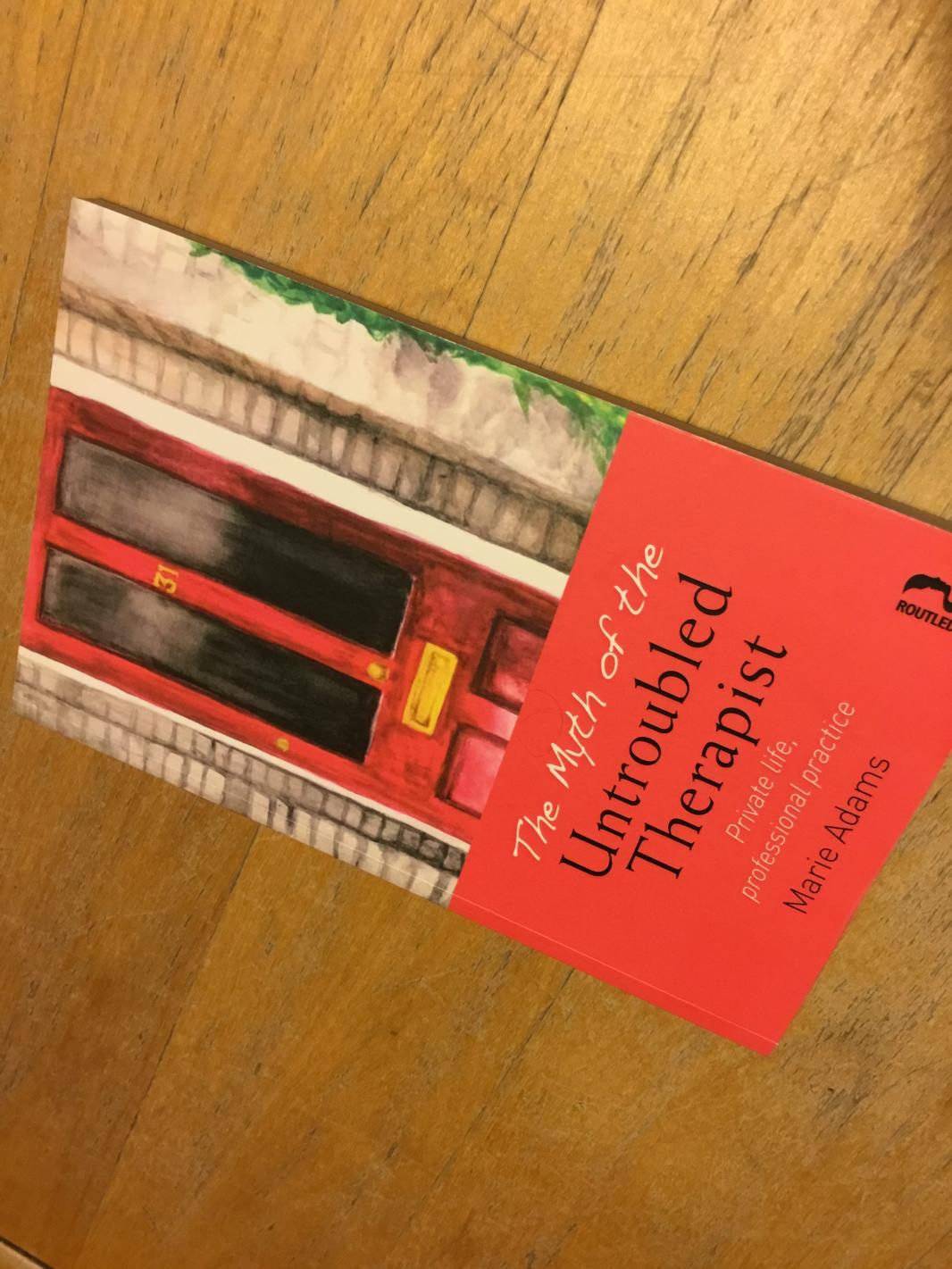How Can Therapists Use Book Reviews to Identify Books That Are Well-Written and Engaging?
Book reviews play a crucial role in helping therapists identify well-written and engaging books that can benefit their clients in therapy. By carefully evaluating book reviews, therapists can gain valuable insights into the quality, content, and potential impact of a book before recommending it to a client.

Criteria For Evaluating Book Reviews
- Objectivity and Unbiased Analysis: Look for reviews that provide a balanced perspective and avoid personal biases or promotional language. Consider reviews that focus on the book's content, structure, and writing style rather than external factors.
- Expertise and Credibility of the Reviewer: Identify reviews written by individuals with relevant expertise in the book's subject matter or genre. Check the reviewer's background, qualifications, and reputation to ensure their credibility.
- Thoroughness and Depth of Analysis: Prioritize reviews that provide a comprehensive analysis of the book's strengths and weaknesses. Look for reviews that delve into the book's themes, characters, plot, and writing style in detail.
- Clarity and Accessibility of Language: Choose reviews that are written in clear and concise language, avoiding jargon or overly technical terms. Consider reviews that are easy to understand and follow, even for readers who may not be familiar with the book's subject matter.
- Engagement and Personal Connection: Identify reviews that convey the reviewer's personal connection to the book and their emotional response to it. Look for reviews that discuss how the book impacted the reviewer's thoughts, feelings, or perspectives.
Additional Considerations For Therapists
- Relevance to Client Needs: Consider the specific needs, interests, and challenges of your clients when selecting books. Choose books that align with the therapeutic goals and objectives you have established for your clients.
- Diversity and Inclusivity: Strive to select books that represent diverse perspectives, cultures, and experiences. Consider books that challenge stereotypes and promote understanding and empathy among clients.
- Ethical Considerations: Ensure that the books you recommend are appropriate for your clients' age, maturity level, and sensitivity. Respect client confidentiality and avoid recommending books that may contain triggering or potentially harmful content.
Using book reviews as a tool for identifying well-written and engaging books can greatly benefit therapists in their work with clients. By carefully evaluating book reviews, therapists can select books that are not only enjoyable to read but also have the potential to positively impact clients' lives. Therapists are encouraged to incorporate book reviews into their practice and to continually seek out new and diverse reading materials for their clients.
YesNo

Leave a Reply